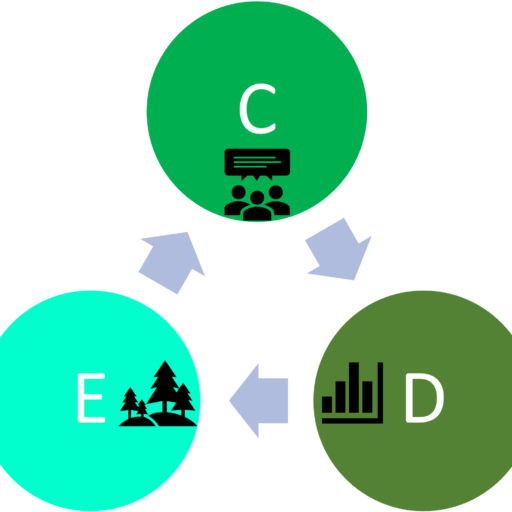
OUR SKILLS
Industrial waste management
– End-of-waste status, management of waste by risk
– Classification of hazardous waste
– Representative sampling of heterogeneous waste and material
– Waste management, recovery of waste, transformation to non-hazardous material
– Analysis of waste and material
– Statistics and databases
– 50 papers, 75 communications, 117 technical reports, 4 patents
– Former expert nominated by the European Union to the UNEP’s Minamata Convention (Make Mercury History)
– Former expert nominated by the French Ministry for Ecology to the French Consultative Committee on Waste Status (end-of-waste)
– Former convenor of the “leaching” and the “sampling” working group of the European Committee for Standardization CEN TC 444 “Analytical methods for the environmental characterization of soils, waste, bio-waste and sludge”
– Member of the Board of the International Waste Working Group (IWWG), Co-chair of the working groups, Chair of the working group Waste of Electrical and Electronic Equipment – WEEE
OUR SERVICES
Waste characterisation: representative sampling with controlled variability, analyses, statistical interpretation
Waste classification: emissions, (bio)available fraction(s), hazard classification (from HP 1 to HP 15 and persistent organic pollutants – POPs)
Waste management and use: hierarchy of waste management, management by risk (and not by hazard), compliant uses
Circular economy: up to end-of-waste status in the intended use, efficiency of increasing collection rate and decreasing concentration limits, implicit end-of-waste status
Tools: Data bases, scientific literature survey, statistics, geochemistry, (bio)available fraction, emission, reactive geo transport modelling, toxic and ecotoxic effect, ecotoxicological risk assessment


ACTIONS to SOLUTIONS
Consultation of stakeholders
Literature survey
Scientific report, presentation, publication
Highlighting blocking points ans solutions in scientific circles and then in the administration
Discussion with the policy officers and the policymakers
Reporting



